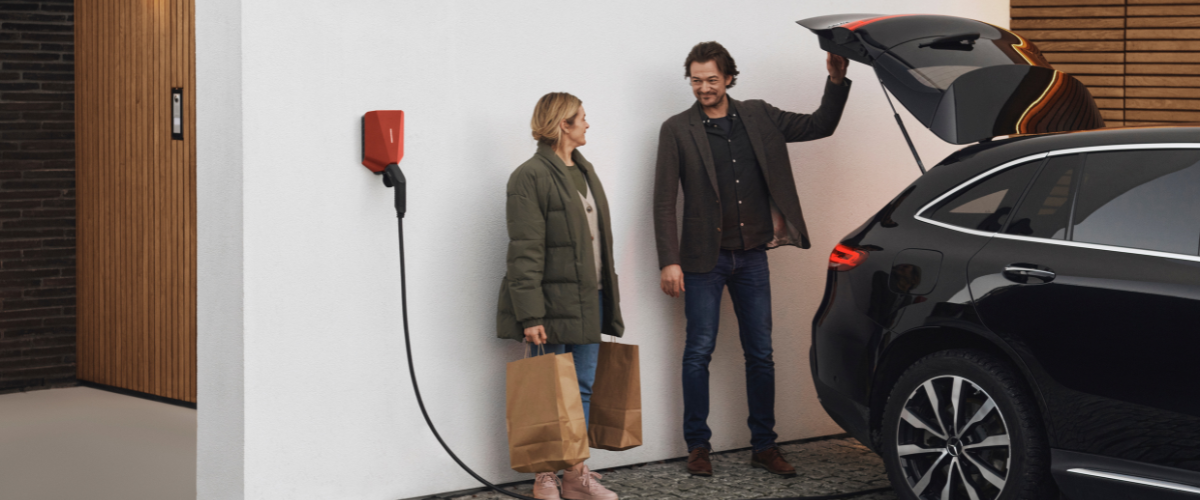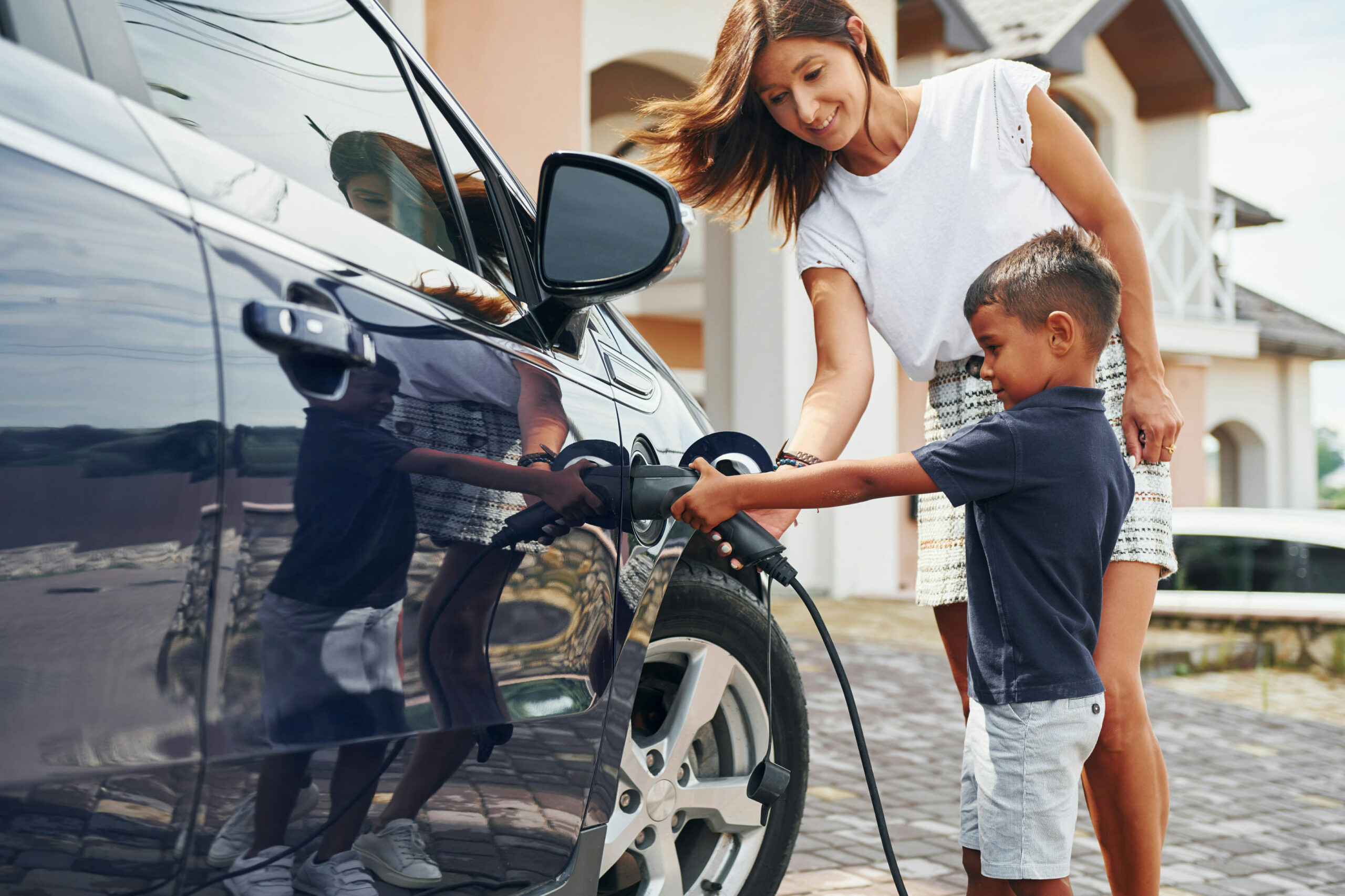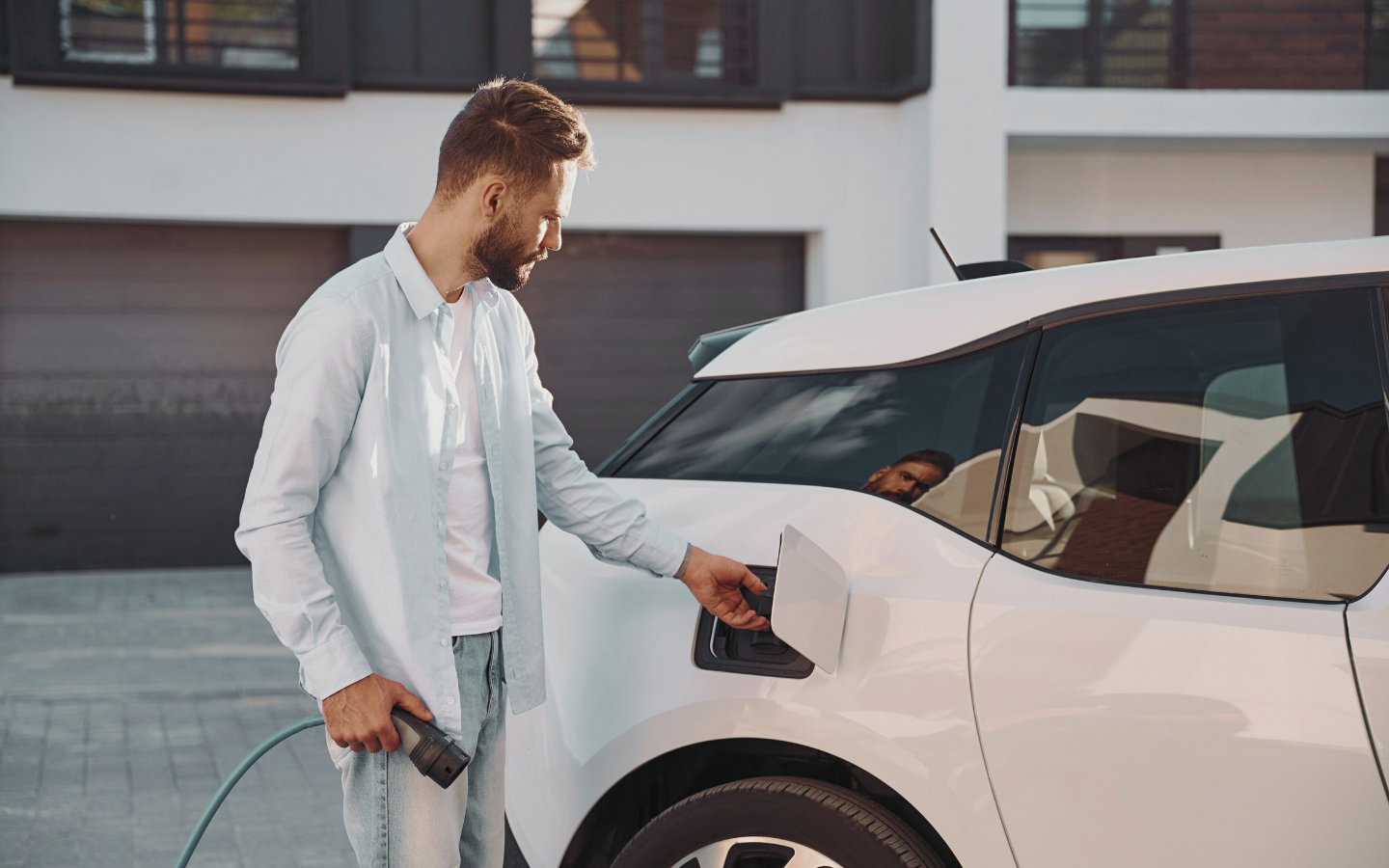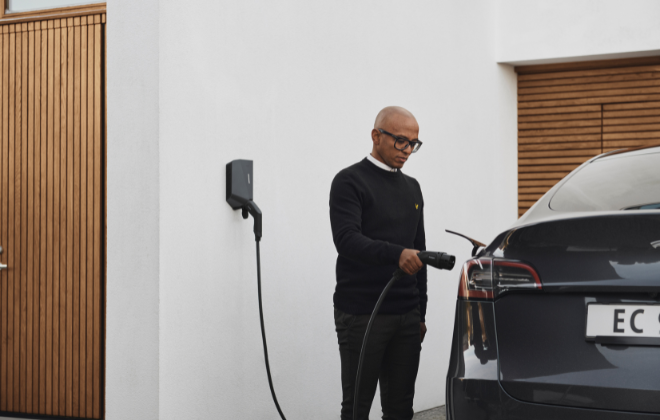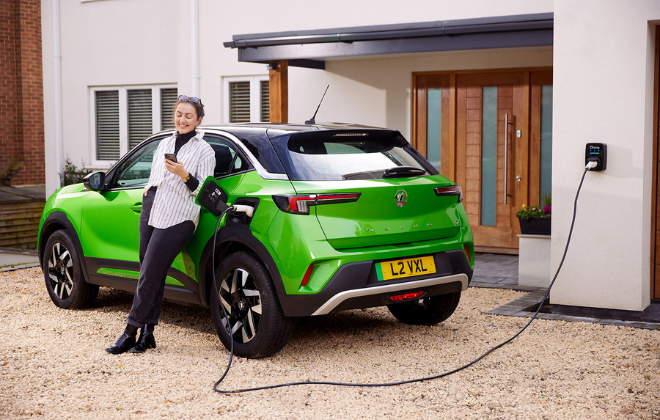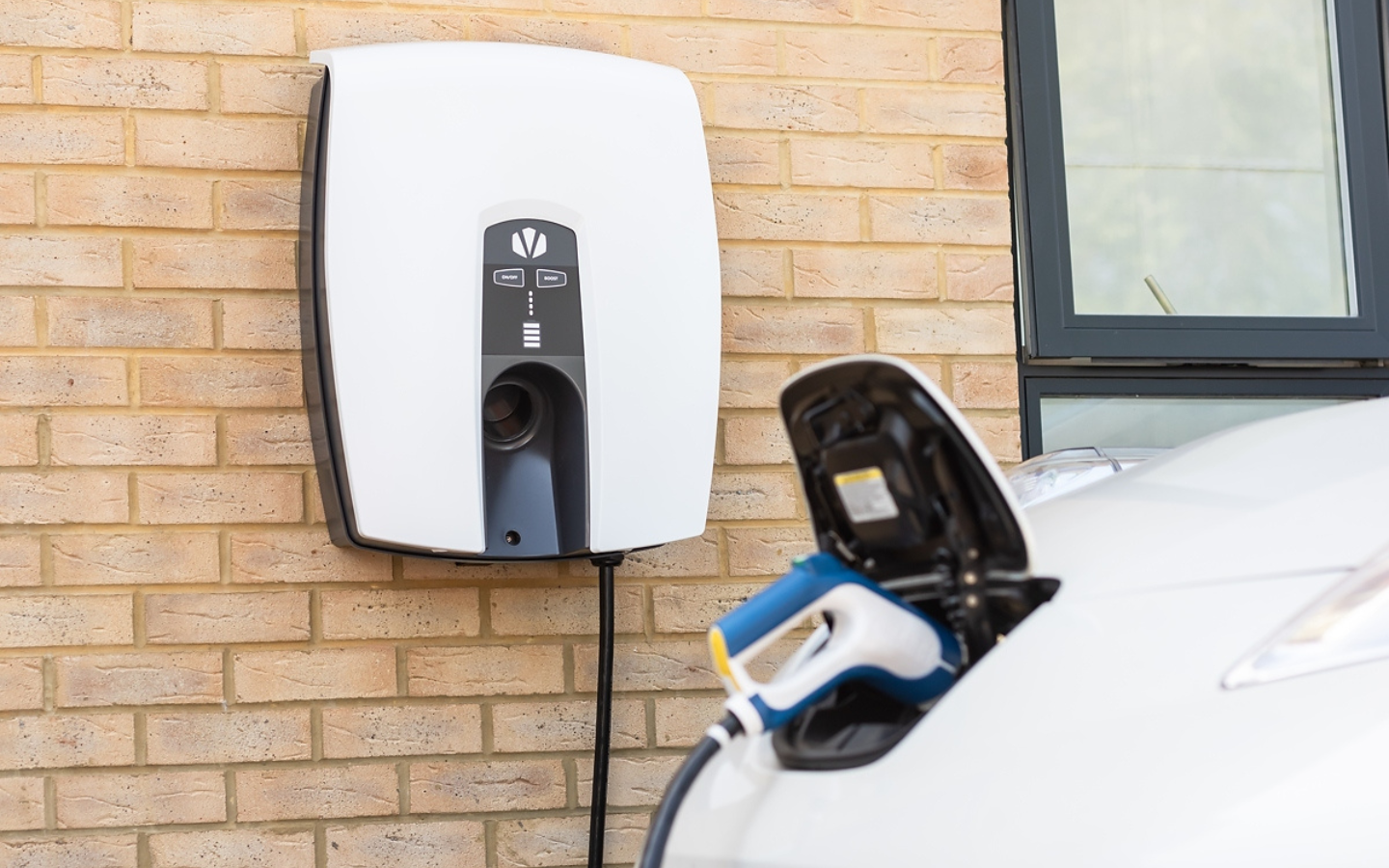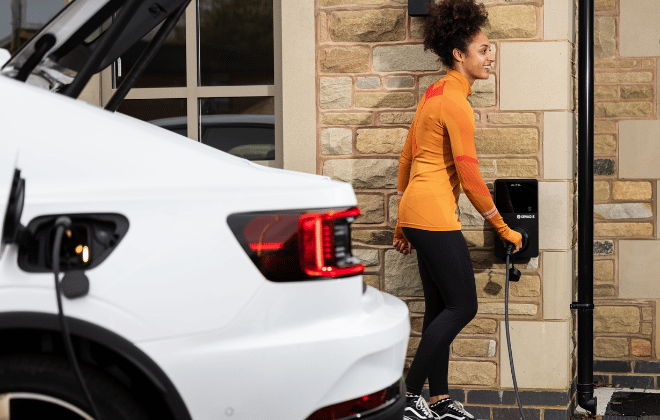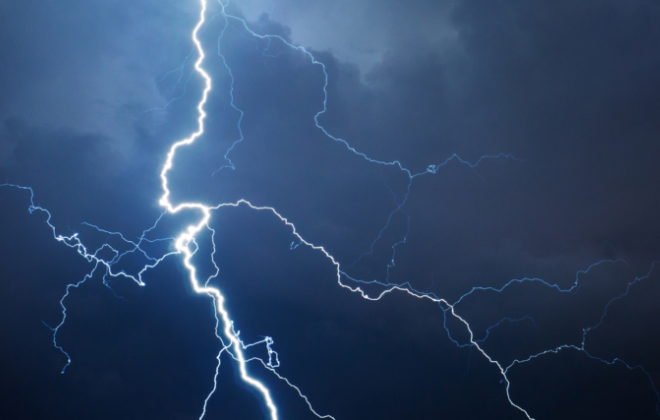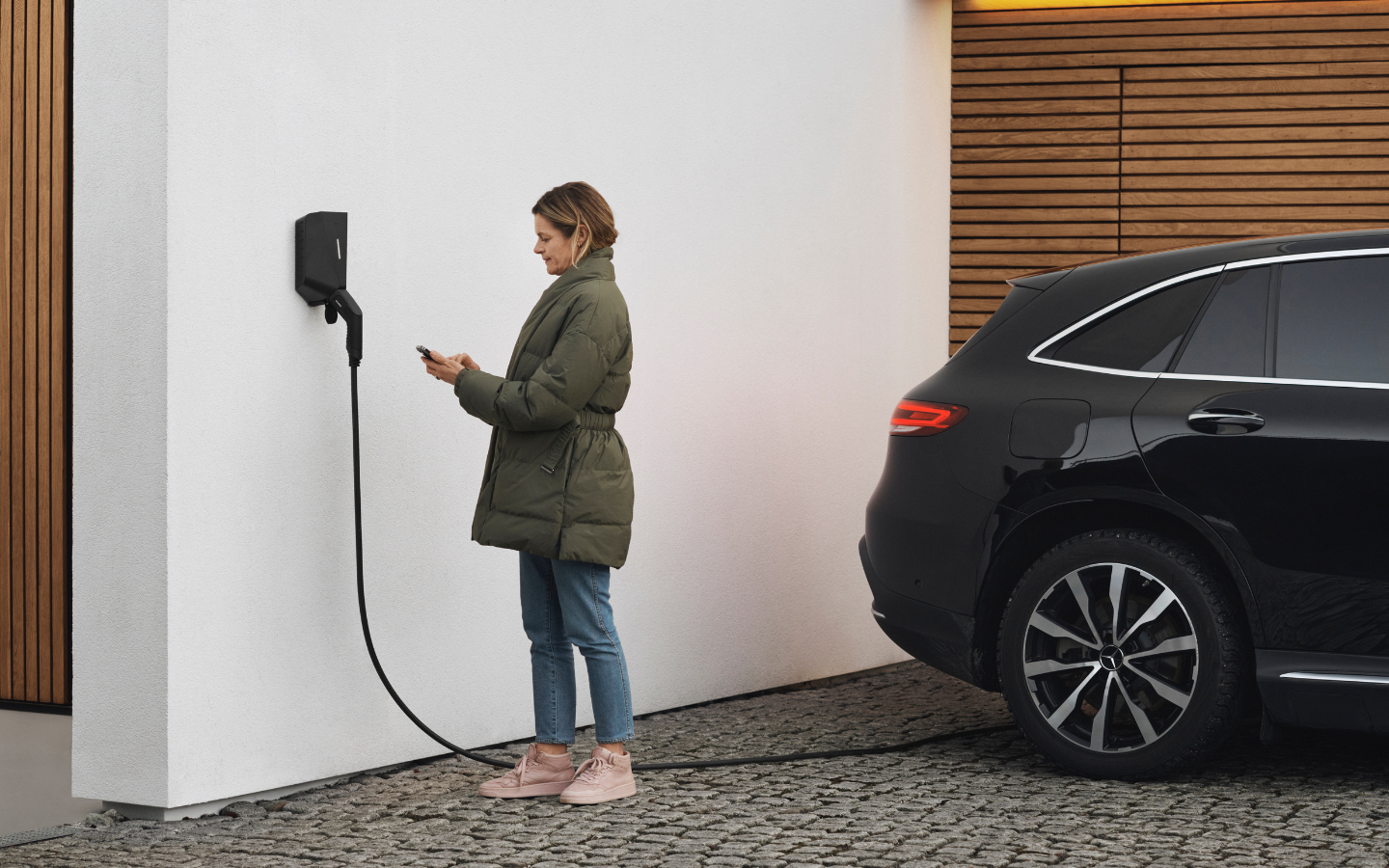

How to notify the DNO of an EV charger installation
A DNO (distribution network operator) plays a significant role in the installation of an EV charger, but many people are unaware of what a DNO is and what they do. In fact, an essential part of the process of an EV chargepoint installation is notifying your DNO.
But how do you notify the DNO of an EV charger installation? Who is the DNO? What role does the DNO play in an electric car charger installation?
In this article, we will explain what a DNO is, its role in an EV charger installation and how to notify the DNO of an EV charger installation.
What is a DNO?
DNO stands for Distribution Network Operator, and in short, each DNO is in charge of distributing electricity from the national grid to residential and commercial properties in their area. Their responsibilities include managing and maintaining the infrastructure network, such as towers, transformers, poles, cables, and meters that deliver electricity to customers.
Distribution Network Operators are also responsible for restoring power to your homes and businesses after a power cut.
Another job of a DNO is to bridge the gap between the national grid and energy suppliers, such as EON and EDF.
Who is my DNO?
In the United Kingdom, the distribution network is divided into geographic regions, each with its own DNO. There are currently six DNOs in the UK.
- Electricity North West
- Northern Powergrid
- Scottish & Southern Energy Networks
- UK Power Networks
- SP Energy Networks
- National Grid Electricity Distribution
To find your local DNO, use the ENA’s ‘Who’s my network Operator?’ tool.
In some cases, specific housing estates and streets can have a local DNO that owns the network in that particular area.
It’s important to note that, unfortunately, you cannot change your DNO.
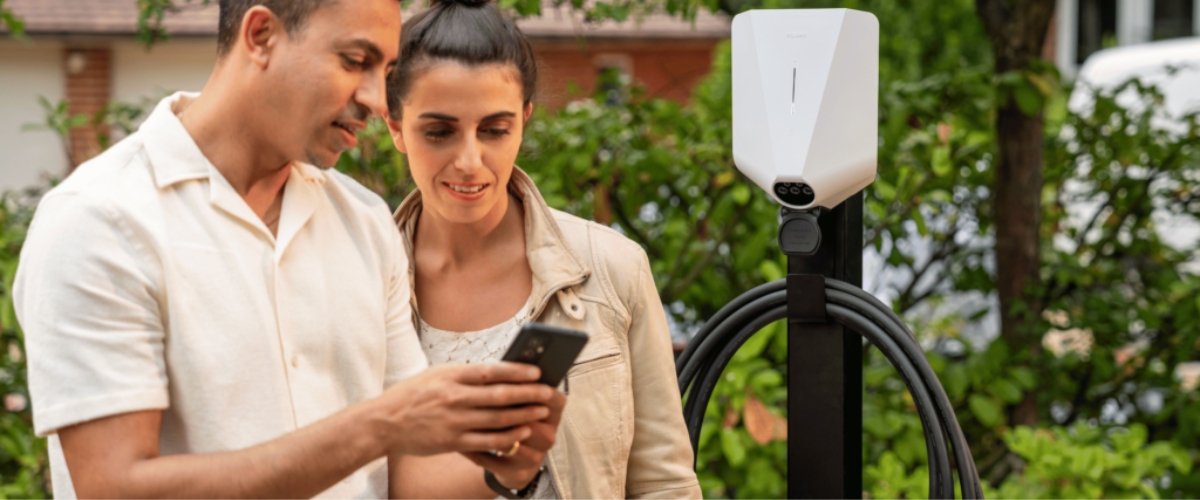
Do I need to notify my DNO of an electric vehicle charger installation?
Yes, you must notify your Distribution Network Operator (DNO) of an EV charger installation – whether a home electric vehicle charger or commercial one. The electric car charger notification is needed because the DNO is responsible for ensuring that the local electricity network can safely and reliably accommodate the increased demand from electric vehicle chargers.
Installing an EV charger will draw more electricity from the grid than your home typically uses. Depending on the size of the EV charger and your home’s electrical capacity, this could impact the local network’s capacity to supply electricity to your property and those around it.
Notifying your DNO allows them to assess the impact of the charger on the local network and take any necessary steps to upgrade the infrastructure if needed.
The DNO notification process can be confusing if you are not an authorised EV charger installer. As such, you should contact an EV charger specialist installer, such as We Power Your Car, to notify your DNO and guide you through the process.
How to notify the DNO of an electric vehicle charge point installation:
To notify the DNO of an EV charger installation, you must complete an ENA application form and email it to your local DNO.
This form can be challenging to complete if you are not an authorised EV charger installer. For example, the form requires you to calculate the maximum demand of the property, which is a complex task if you are not an electrician. Therefore, you should get your chosen EV charge point installer to complete the form and send it to the DNO on your behalf.
In most cases, you need to submit the ENA application before the installation and wait for approval before proceeding. However, sometimes your EV charger installer may be able to install the EV charger first and then submit the ENA form to the DNO within 28 days of that installation. But this is only when the installer deems the maximum demand to be less than 60 amps and it meets other relevant requirements, which is rare.
We believe there is a need to contact the DNO before every installation to ensure we always have approval and can install the charger with the utmost confidence.
Will the DNO need to undertake any additional works that can delay my installation date?
In most cases, we need to wait for the DNO to check and approve our notification before we can install an EV charger. Simply waiting for approval from the DNO should not result in a substantial delay. However, there are specific situations where the DNO process can significantly delay your electric vehicle charger’s installation date which you need to be aware of, such as when additional works are needed before they can grant approval.
Here are three instances where additional work would need to be undertaken by your local DNO before your EV charger installation:
- Fuse upgrade: Your installer will let your regional DNO know the maximum electricity demand at your property on the ENA form. Once your DNO has been notified, they will check that your electricity supply is adequate for installation. If they deem your supply inadequate, they may say you need to upgrade your main electrical fuse. If this is the case, your fuse may need to be upgraded before installing your EV charger, which can take time and delay your installation date.
- Looped supply: In some instances, your DNO may inform you that you have a looped supply. A looped supply is where two properties share a single electricity service cable from the main network and are typically found in semi-detached or terraced houses. An EV charger is not permitted on a looped supply by most DNOs, so the DNO may need to unloop the supply before the installation can go ahead. The unlooping of a supply can add significant delays to your charger installation.
- Backlog of work: The DNO may have a backlog due to a high volume of installation requests or other factors. If your DNO is experiencing delays, your installation date may be pushed back until your DNO gives the green light.
The response and duration of any additional works differs based on the particular DNO in charge, as each has a unique approach. Unfortunately, your EV charger installer has no influence over the delays caused by your DNO.
As such, it’s a good idea to plan ahead and allow plenty of time for the installation process, as it can take several weeks or even months from start to finish.
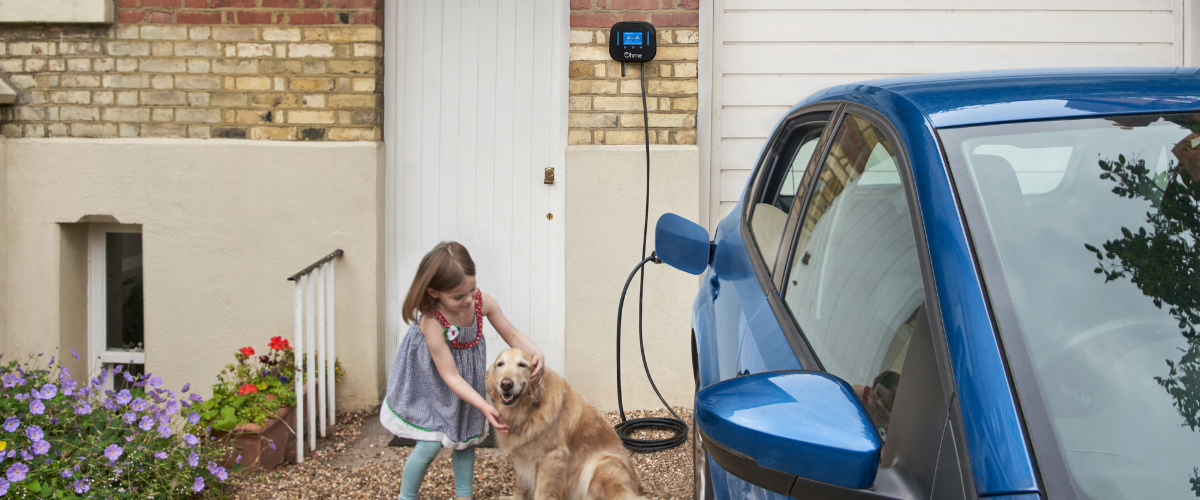
Will I be charged by my DNO?
Yes, you may be charged by your Distribution Network Operator (DNO) for connecting your electric vehicle (EV) charger to the electrical grid. The charges can vary depending on the DNO and the specific circumstances of your installation. For example, if your EV charger installation requires an upgrade to the local electrical infrastructure, such as a fuse upgrade, the DNO may charge to cover the cost of the upgrade. You can also be charged for the unlooping of a supply.
The cost of each charge point project will always vary based on the specific DNO, location and application requirements.
Summary:
- In short, DNO stands for Distribution Network Operator, and each DNO distributes electricity from the national grid to properties.
- The UK has six DNOs, each covering specific regions – Electricity North West, Northern Powergrid, Scottish & Southern Energy Networks, UK Power Networks, SP Energy Networks, and National Grid Electricity Distribution.
- You must notify your DNO before installing an EV charger as charging draws more electricity, impacting local network capacity. DNO assessment ensures safe and reliable electricity distribution.
- You notify your DNO by completing an ENA application form.
If you prefer to watch than read, check out our video on this topic.
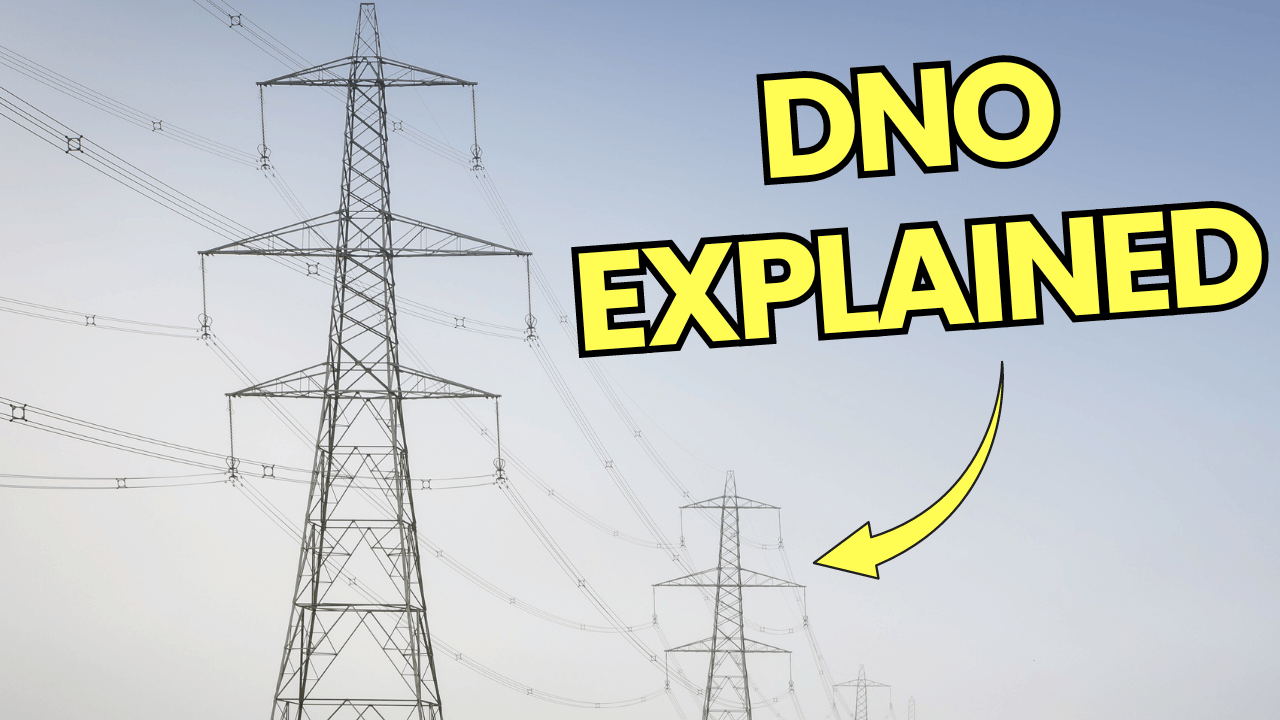
At We Power Your Car, we handle the DNO process for you.
At We Power Your Car, we take you through the DNO application process from start to finish, including completing the ENA form on your behalf and liaising with the DNO directly through the installation process.
Additionally, we will keep you in the loop regarding the application process and any additional works that may need to be completed. As a leading nationwide electric car charger installation company, we can install your EV charger wherever you are – with fast lead times and first-class customer service.
Our specialist advisers are standing by to take your calls on 03333 44 96 99 to offer you their expert and unbiased advice on your home EV charger installation. Alternatively, click below to get your free quote.
For more information and our latest updates, follow us on Facebook, Instagram, Twitter, LinkedIn and YouTube.
Related articles
Stay up to date on the latest from We Power Your Car_
I consent to receive newsletters from We Power Your Car. Please see our Privacy Policy
